Value Added Tax In UAE: Financial Move for A More Reliable Revenue
The great Gulf Emirates UAE never had to think about imposing a levy for goods and services to generate robust government revenue due to their heavy dependence on income from the oil industry, which is almost 80%. Unfortunately, the story changed on January 1st of, 2018, when both Saudi Arabia and UAE decided to introduce the Value Added Tax system as an outcome of the unexpected oil price crisis and the realization that 21st-century economies need higher and reliable sources of revenue.
The idea of VAT was suggested by two people independently in the early 20th century by German businessmen Wilhelm Von Siemens and American economist Thomas S Adams. The scope of this relatively new tax system is to launch a levy approach that is administratively feasible with less negative economic impacts and generates more money.
What Is Value Added Tax (VAT)?
Tax is defined as a fee charged by the government on goods, services, income, and other transactions to finance public services and expenditures of the government. VAT is an indirect tax levied on the consumption or on the use of goods and services.
The VAT system prevails in more than 150 countries, and it’s a consumption-based tax where the tariff is charged on each step of the supply chain for the goods and services. The normal range of VAT is from 5% to 25%.
In UAE, the standard rate of VAT is 5%; when the VAT was introduced, UAE expected to raise an amount of AED 12bn in the first year of 2018, and it reached a hype of AED 95.4bn in October 2021.
VAT consultants in UAE argue that the Ministry of Finance UAE (MOFUAE) needs to strengthen its fiscal framework and reengineer the tax system reducing the dependence on oil revenue by boosting non-hydrocarbon sources of revenues.
Who Should Pay VAT?
The Federal Tax Authority has designed two types of VAT registration, Mandatory and Voluntary VAT registration, for UAE resident businesses.
Mandatory Registration
If the total value of taxable sales and imports within the UAE exceeds the threshold value of AED 3,75,000 for the previous 12 months or upcoming 30 days, a business must register VAT mandatory.
Voluntary Registration
If the total value of taxable sales and imports within the UAE exceeds the threshold value of AED 18,75,000 for the previous 12 months or upcoming 30 days, a business can register VAT voluntarily.
Types of Supply Under VAT
Exempt supplies outside the scope of VAT are not considered in calculating the VAT threshold.
Taxable Supply
A supply of goods or services for consideration by an individual conducting business in the state and not including exempt supply.
E.g.: Entertainment, Electronics, Hotel services, Cars, Jewelry, Commercial Rent, School Uniforms, Utility Bills, Food and Beverages, and Private Transport Services.
Exempt Supply
A supply of goods or services conducting business in the state where no tax is due and no input tax is recovered.
E.g.: Life Insurance, Local Passenger Transport
Zero Rated Supply
Any taxable Supply is eligible for recovery of input tax and liable to VAT at the rate of 0%.
E.g.: Some Healthcare services, Supply of Airplane and Ships, Some Educational Services
All these taxation procedures are valid by the law of Federal Decree Law No (8) of 2017.
Tax Group in VAT System
Two or more persons registered with the tax authority for tax purposes as a single taxable person is defined as a Tax group according to Article (1) of UAE VAT law.
Individuals are eligible for this provision if they meet the following conditions.
- Each individual should have a fixed establishment in the UAE.
- People in the Tax group must be genuinely related parties.
- One or more owners conducting a business in a partnership manner controls the rest of the others.
How is VAT Calculated?
As we know, VAT is imposed on each stage of the supply chain, and the standard rate (5%) will be added to each seller and buyer.
For example, an electronic goods producer who manufactures a music system sells it to the electronic goods wholesaler for a price of AED 1000. Along with the wholesale price, the manufacturer collects an amount of AED 50 from the wholesaler for the government. So, the wholesaler has to pay a total amount of AED 1050.
The wholesaler will add his profit to the product and sell it to a retailer for a price of AED 2000, and he would charge 5% VAT (AED 100) to the retailer along with the price he charges. Finally, the retailer must pay an amount of AED 2100 for the phone. At the same time, the wholesaler received a refund of the VAT he paid to the manufacturer.
The retailer further increases the product’s price to AED 3000 and sells it to the customer charging another 5% VAT, making a total amount of AED 3100 for the end customer. The retailer receives the VAT he paid to the wholesaler.
The Federal Tax Authority has specified a standard rate of 5% for goods and services. From the above example, the product of AED 1000 becomes AED 3100 when it reaches the customer. Government receives tax from the end customer, and all the intermediaries receive a refund of the VAT they paid.
Why Bookkeeping Is Crucial In VAT?
Launching the VAT system forced every business owner to maintain their proper account records. In UAE, VAT registered business entrepreneurs are required to keep certain documents, while the others also have to maintain records in any event or situation if the government requests them to register under the VAT system.
The most necessary records are the following.
1. Invoice
The receipt of a valid tax invoice is the primary documentary evidence to support purchasers’ VAT recovery. In addition to that, business owners should keep separate invoices for purchases made from vendors or suppliers. The invoice contains the details of the taxable supply made.
An invoice should have the following information.
- Unique sequential number
- Invoice issue date
- Name of the supplier, address, and Tax Registration Number (TRN)
- Name of customer, address, and Tax Registration Number (TRN)
- Details of goods or services supplied
- Amount excluding VAT
- VAT charge
- Rate and quantity of each item
- Discount rate per item
- Rate of VAT charge per time, if an item is VAT exempted, mention there is no VAT.
- The final total amount, including VAT
Tax consultants in the UAE advise every business firm to maintain genuine invoices to avoid future conflicts with tax authorities.
2. Debit Notes
A debit note is a letter or formal document issued specifying future liability. When the amount payable by a buyer to seller increases due to extra goods delivered or goods already delivered charged incorrectly.
3. Credit Notes
A document sent by a seller to a buyer notifying them that a credit has been made to their account against the goods returned by the buyer. Normally credit notes are issued when products are returned or refunded.
The best accounting consultant in UAE suggests that entrepreneurs maintain bookkeeping records of a minimum of 5 years from the date of the last transaction.
Difference Between VAT And Sales Tax
Sales tax is also a consumption tax like VAT, but the major difference is that only transactions involving goods come under sales tax, which is imposed only at the final sale to the customer.
When it comes to VAT, it is imposed both on goods and services and charged throughout the supply chain process. The main advantage of the VAT system is that it makes businesses serve as tax collectors on behalf of the government and reduces tax manipulation and fake billing.
Filing a Return For VAT
All taxable businesses must file VAT returns with the Federal Tax Authority regularly, usually within 28 days of the end of the tax period.
Using the FTA portal https://eservices.tax.gov.ae/, people can file their VAT returns.
Standard Tax Period
For businesses with an annual turnover below AED 150 million tax period is quarterly. And for businesses with an annual turnover of AED 150 million or above is monthly.
The failure to return tax at a specified time frame would lead to fines under the rule of Violation of Tax laws in UAE.
UAE Is No More A Tax-Free Heaven
The Gulf Emirates started its tax system with the launch of VAT in 2018, and now the government is introducing a Corporate Tax of 9% from the coming year onwards. In July 2020, Saudi Arabia tripled the VAT rate to 15%, and Bahrain doubled it to 10% in January 2022, but UAE maintains the same 5% rate and plans to go with tax only to high earning corporate business. Dubai’s open tax-free business model, which dates back to 1905, contributed to the success of the city and UAE as a whole. Many tax consultants claim that extracting money from the economy is not an ideal way forward, and to resolve the financial crisis, governments should ensure they are simultaneously inserting cash back into the economy. A healthy economy in UAE is a necessity for the progress of people toiling in the sand for their daily bread.


About Us,
The introduction of VAT has changed the accounting practice of UAE businesses drastically, and our expert team of Profitz Advisory VAT consultants is fully compliant with new VAT rules and regulations. So we address the demands of our clients and assist business firms with VAT Return filing, VAT Compliance Accounting assistance, VAT advisory Services, VAT Registration & De-Registration, and other VAT-related services.
Our tax consulting team calculates the impact of VAT implementation on your business by analyzing your previous profit, maximum retail price, consumer base, and VAT exemptions on your goods and services and will create plans and strategies to achieve the profit which you had when you were exempted from taxation.
“For many years, PROFITZ ADVISORY has been our auditors. They are the best accounting firm in the United Arab Emirates. They provide excellent services. They have well-qualified and experienced accountants. Tax services are timely and reliable.
Tm Cookzme
e believe that the faith our customers entrusted to us fuels our success journey. A recent testimonial by one of our reputed clients strengthens our commitment to serving more clients from various business sectors of UAE.
Please contact us for any VAT related services and assistance.








